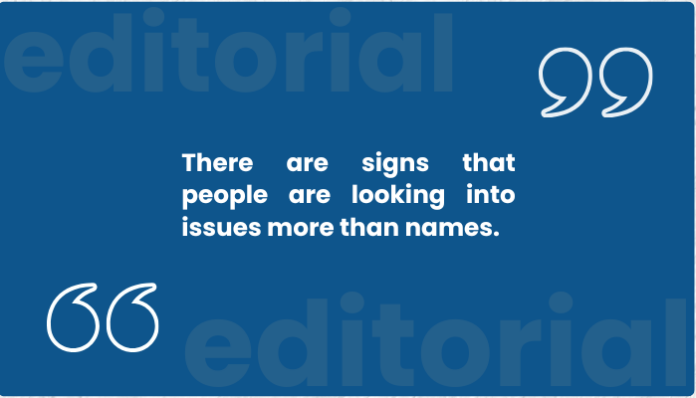TECHNOLOGY now affords us the opportunity to view elections results, partial or complete, a few hours after the close of polling. And so it came to pass that before Filipinos went to sleep on Monday, the day they voted the next set of national and local leaders, they already had a good sense of what the outcome would be.
There were several surprises.
Foremost, poll surveys on which many relied in the days leading to the elections did not completely predict the results. In the senatorial race, for instance, some of those leading the surveys performed dismally in the actual race. Meanwhile, those with modest expectations fared better, even dislodging the early frontrunners.
Perhaps the methods could be improved. Or that people really just thought hard, changing their minds at the last minute.
The party-list contest also offered surprises, with groups carrying nominees deemed truly worthy of being legislators performing better than expected. This brings greater balance to the composition of our legislative chambers.
Certainly, the results were mixed. In some areas where the people were bold with their decision, traditional politcians suffered crushing defeats from their challengers. In other areas, however, powerful families continued to prevail, showing their tight grip on people’s minds and hearts, obtained through whatever means available.
Still, there appears to be an emerging message for many traditional politicians and names affiliated with disgraced figures even as they clinched victory. For the next three years, their constituents will keenly watch their every move. They should know better than treat their posts like it were their birthright.
Progress does not come flooding in all at once. It happens over time, painstakingly, with steps forward but also steps backward, even some stagnation. The elections of May 2025 at least reveals that while the quality of voters’ decision-making leave much to be desired, there is hope – even just a little.
There are signs that people are looking into issues more than names. They want their candidates to engage in conversations and debate over substantive matters, instead of singing and dancing and spewing nonsense onstage. They hold politicians to account for their articulated positions on several issues. They take note of the garbage that comes out of candidates’ mouths. They reject those whose only qualification is a distant memory of popularity.
It’s a slow beginning, but it is a sign that we could look forward to better times because of better choices. This would be another incentive to efforts to improve our young people’s critical thinking that would shield them from disinformation, enable them to think independently, and rely only on facts and rationality.
The just-conducted elections were a mixed bag, but they offer lessons we can learn as we prepare to live with our choices and gear up for an even bigger, higher-stakes battle in 2028.









